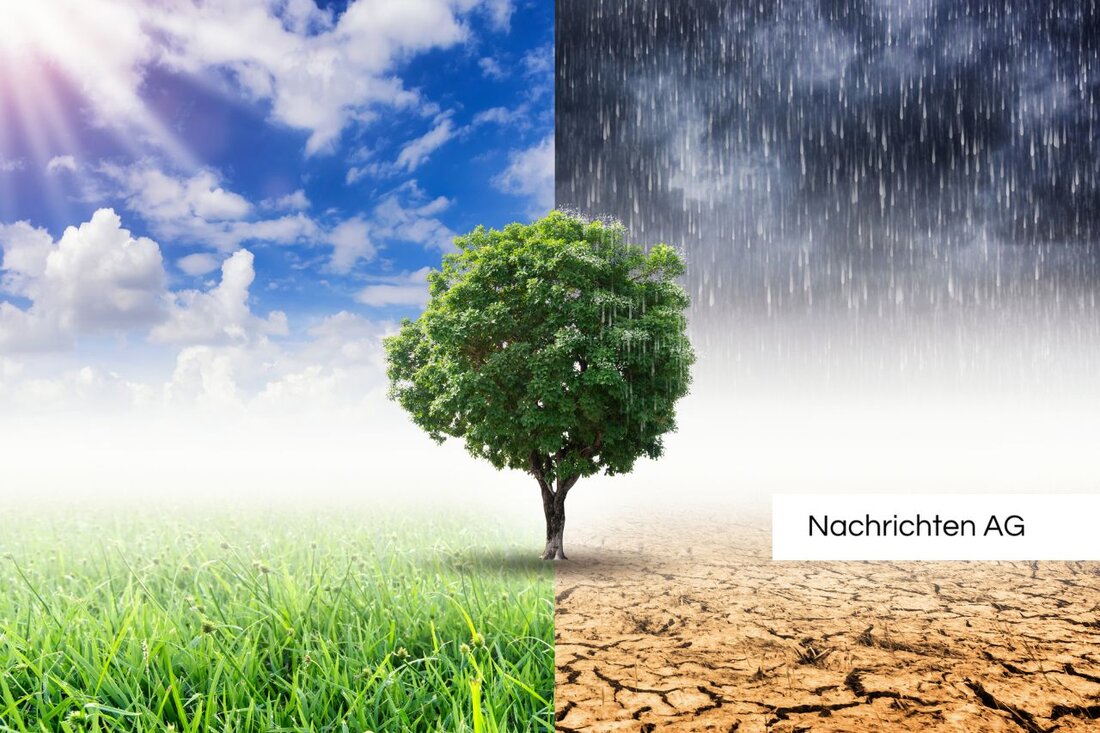Climate goals in danger: Saving instead of promoting? Experts sound the alarm!
The Environment Ministry's analysis sheds light on the funding efficiency in Austria and criticizes the threat of failure to meet climate targets.

Climate goals in danger: Saving instead of promoting? Experts sound the alarm!
The current climate and energy support system in Austria is under critical observation. An analysis carried out by the Swiss Prognos Institute on behalf of the Ministry of the Environment shows that budget cuts could potentially have serious impacts on achieving climate goals. Experts warn that failure to meet these targets could cost the state billions of dollars. The analysis is accompanied by reports about a necessary reduction in the funding intensity for the renovation offensive, which could jeopardize the ambitious climate goals by 2040 öko-news states.
As part of this analysis, there are also no concrete proposals to achieve the required number of 80,000 boiler replacement projects per year by 2040. Although the ministry has set itself the goal of implementing 30,000 boiler replacement projects annually by 2030, it remains unclear what pace is required to resume funding from autumn 2025. A high boiler replacement rate is crucial for green growth through innovative technologies. This is accompanied by necessary market growth for biomass, heat pumps, geothermal energy, heat recovery and solar thermal systems.
The role of solar heat
Although solar heat is not mentioned in the ministry's communication, experts are calling for equal treatment of solar heat and boiler replacement projects in the funding rates for the 2026 renovation offensive. Solar heat systems manufactured in Austria offer a local added value of 75%. Theoretically, solar heat could provide the entire heat supply in summer. According to forecasts, the market expansion of 20,000 new solar heating systems could create up to 1,000 new jobs annually and generate one billion euros in private investment by 2030.
The challenges are not just limited to Austria. In Germany, too, heat supply is an essential part of energy consumption in buildings, which accounts for around 35% of final energy consumption and 30% of CO₂ emissions. In order to address this problem, various political measures are necessary, which are set out in the national climate protection law and the energy efficiency law. Here Umweltbundesamt explains that sustainable heat supply is essential to reduce climate-damaging emissions.
EU climate goals and challenges
Within the EU, ambitious climate goals are being pursued that aim to reduce climate-damaging activities, as reported by Umweltbundesamt. The EU has set itself the goal of becoming climate neutral by 2050, which is supported by various strategies. The EU Green Deal and the “Fit for 55” initiative present a clear plan that also includes measures to improve heat supply.
The transformation of heat consumption is being driven forward not only by technical innovations, but also by targeted policies and the involvement of municipalities. They must drive forward local planning and actively involve citizens to ensure a climate-friendly heat supply.
The emerging challenges in Austria and Germany therefore require a comprehensive strategy that includes both technical solutions and political framework conditions. This is the only way to achieve the desired climate and energy efficiency in the coming years.

 Suche
Suche
